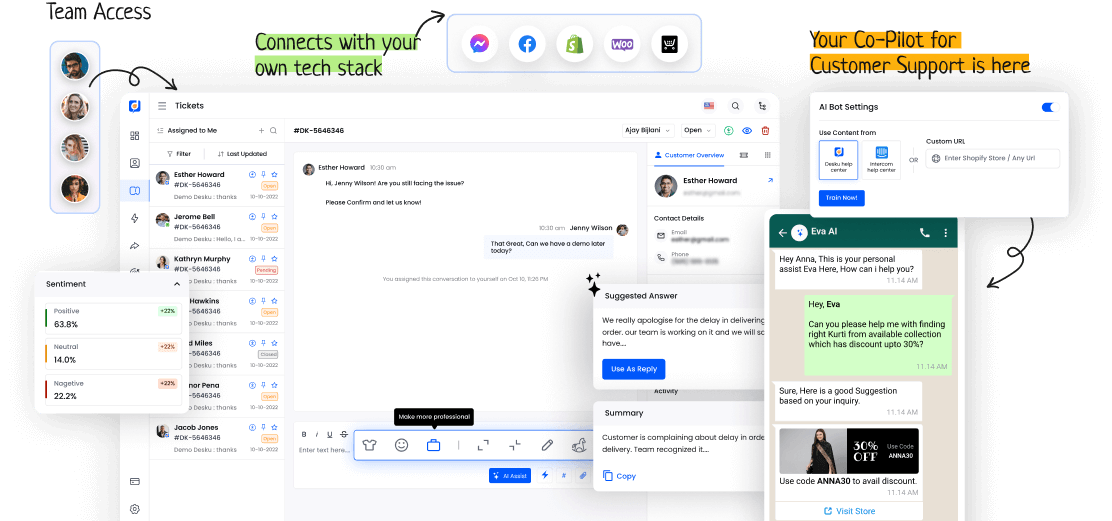In the fast-moving customer service world, the Help Center Manager is key. They ensure smooth operations and high support standards. Their many duties range from managing staff to analyzing performance.
Their role directly affects customer satisfaction levels. A Help Center Manager needs leadership, problem-solving skills, and strategic vision. So, what really makes up this important role in today's business world?
I. Defining Help Center Manager
To understand a Help Center Manager's role, one must be aware of the many duties and leadership qualities they need. They are responsible for shaping the help center's operations to ensure effective customer support. A vital aspect of their role is to keep service quality high and solve customer problems quickly and efficiently.
Understanding the importance of these responsibilities can help in appreciating the significant impact a Help Center Manager has on the overall success of a customer support team.
II. Roles and Responsibilities of a Help Center Manager
In managing a Help Center, the Manager plays a key role. They outline and carry out tasks needed for good customer service operations. Duties include:
- Team Leadership: Lead and inspire staff to assure they perform well.
- Problem Solving: Handle customer problems and find quick solutions.
- Customer Satisfaction: Make sure clients are happy with the service given.
- Performance Metrics: Watch and better key markers to enhance service quality.
III. Importance of a Help Center Manager in Business
A Help Center Manager fills a key role in business operations. Their work ensures happy customers by solving problems fast and well. They also make processes simpler, improving how the business works.





